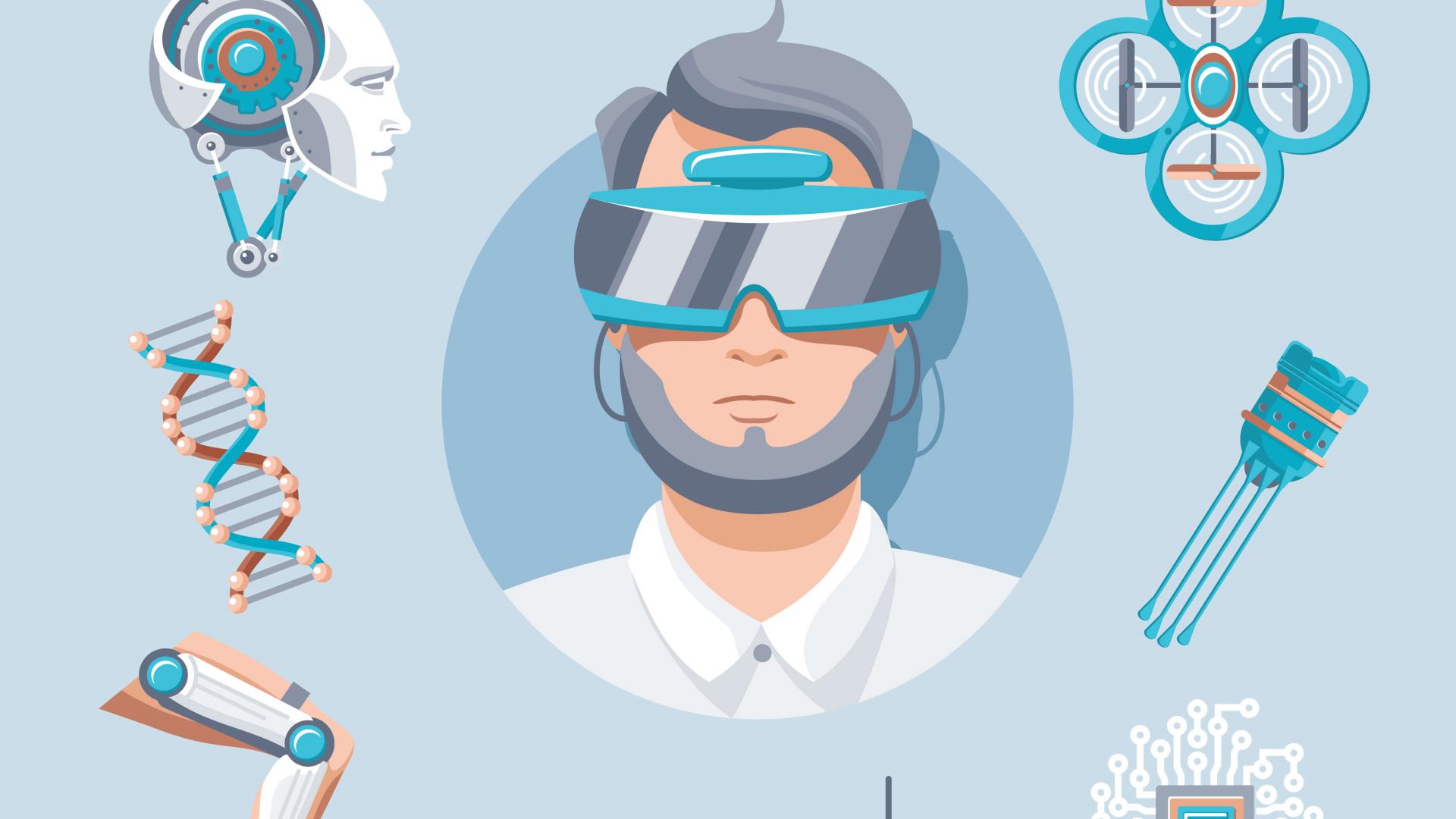Leuvenius felt dizzy. The chemical sources of his dizziness came from the parietal lobe in the brain. He was certain of it because the biomechanical connections with his limbs could not generate such impulses. After so many years, he even forgot what was to bleed.
His mind raced back to his first biomechanical implant. While being part of the "not-human-to-be-replaced" movement, he lost an arm in an accident and, eventually, his job. Leuvenius struggled for a few years until he accepted a mechanical arm connected to his brain through an advanced AI. Ironically, the new arm made him ideal for high precision - yet risky - works. Over the years, it spiraled; dangerous jobs forced him to replace the rest of his limbs. A lung cancer resulted in the replacement of his entire thorax. Yet, it was not the end.
If the Leuvenius from 30 years ago would see him, he would barely recognise himself. "Who cares?" he thought. And nausea - not derived from the biomechanical stomach - hit him again. It was his brain. But Leuvenius could not think further as the anesthesia brought him down for the Brain Digitalization process to start.
David Gomez-Cabrero
